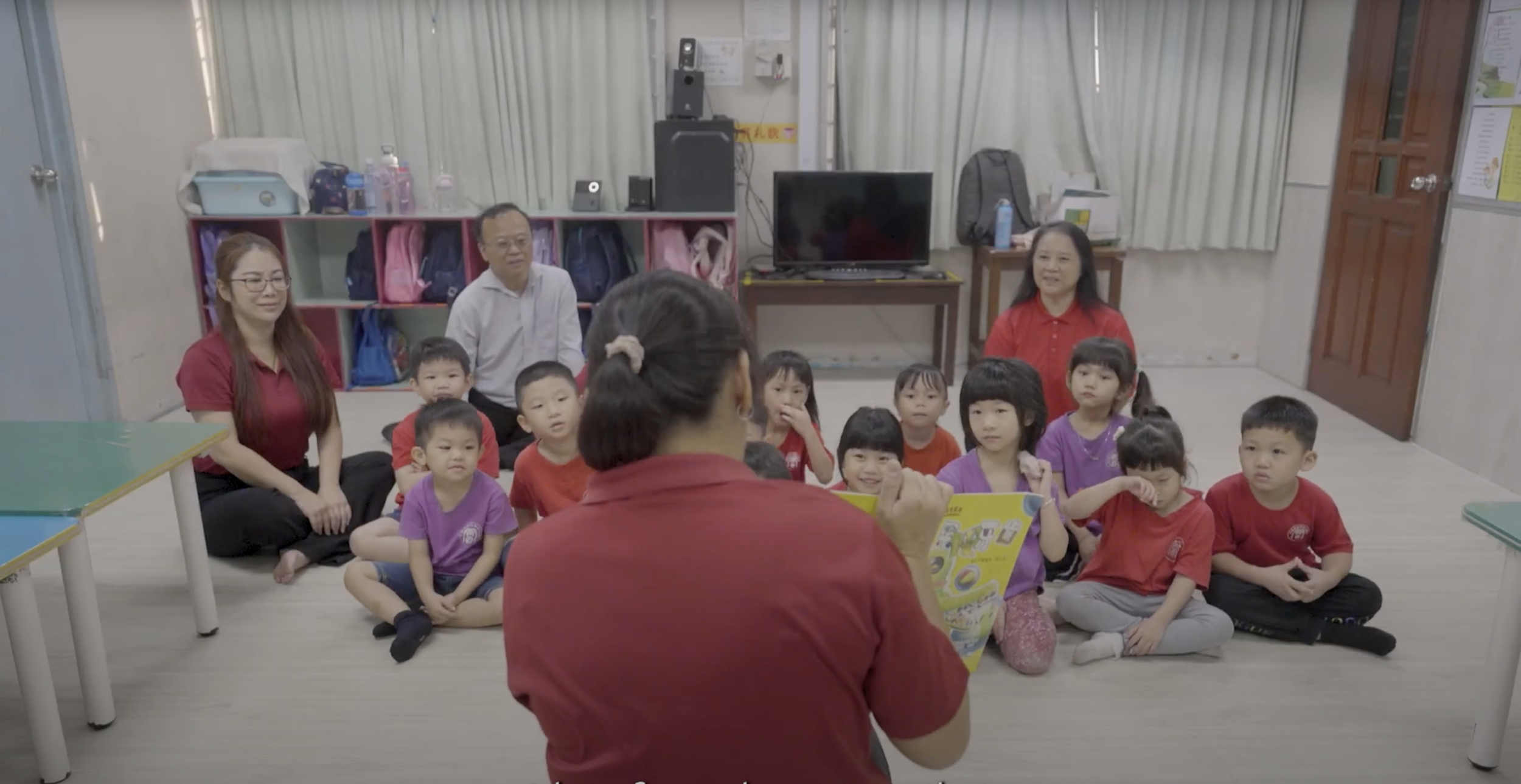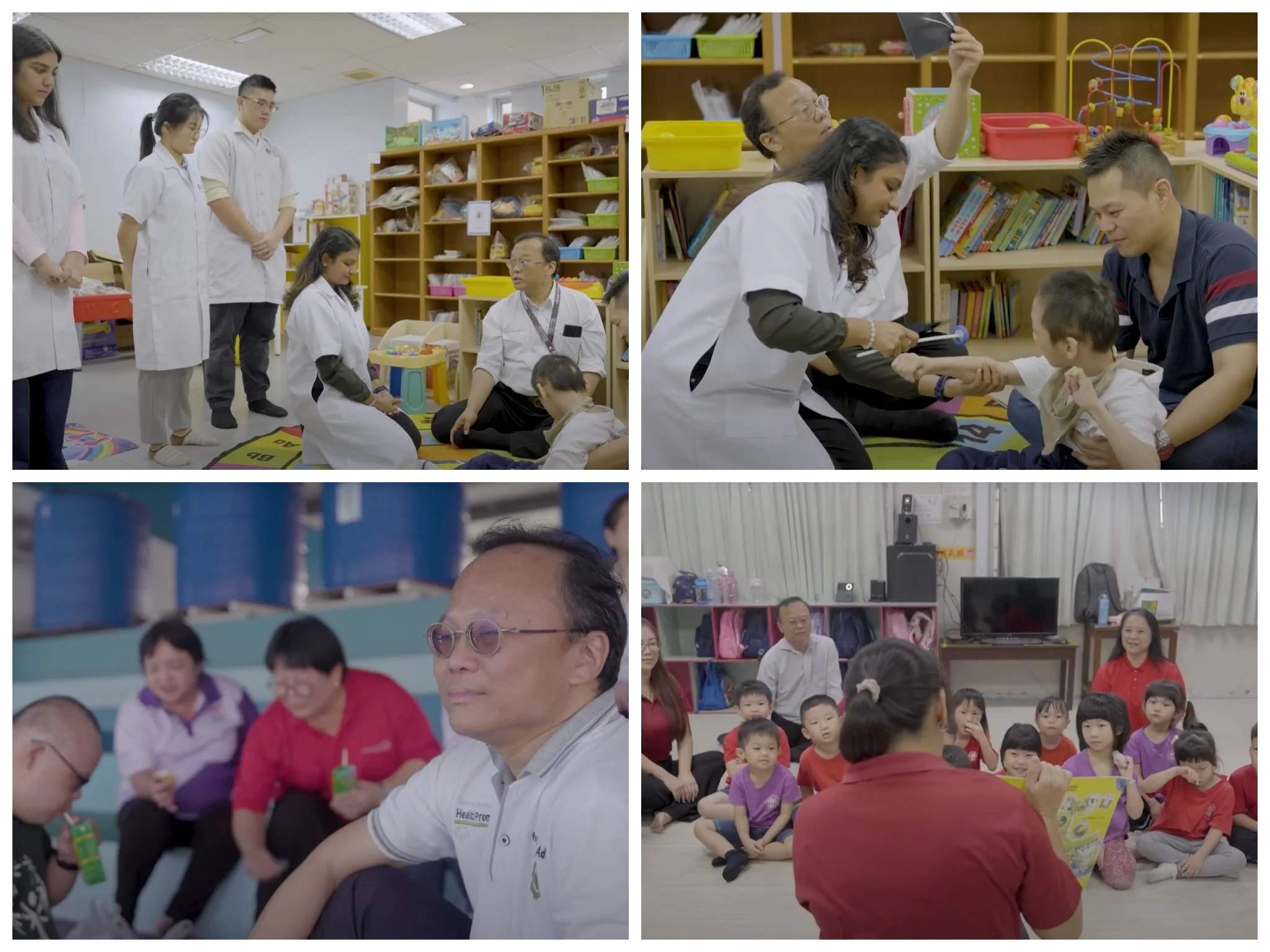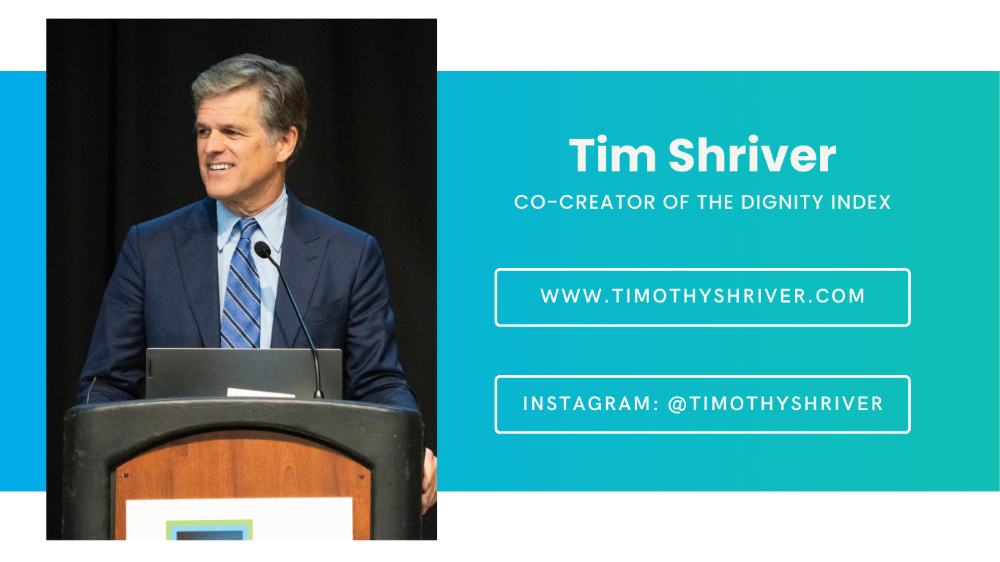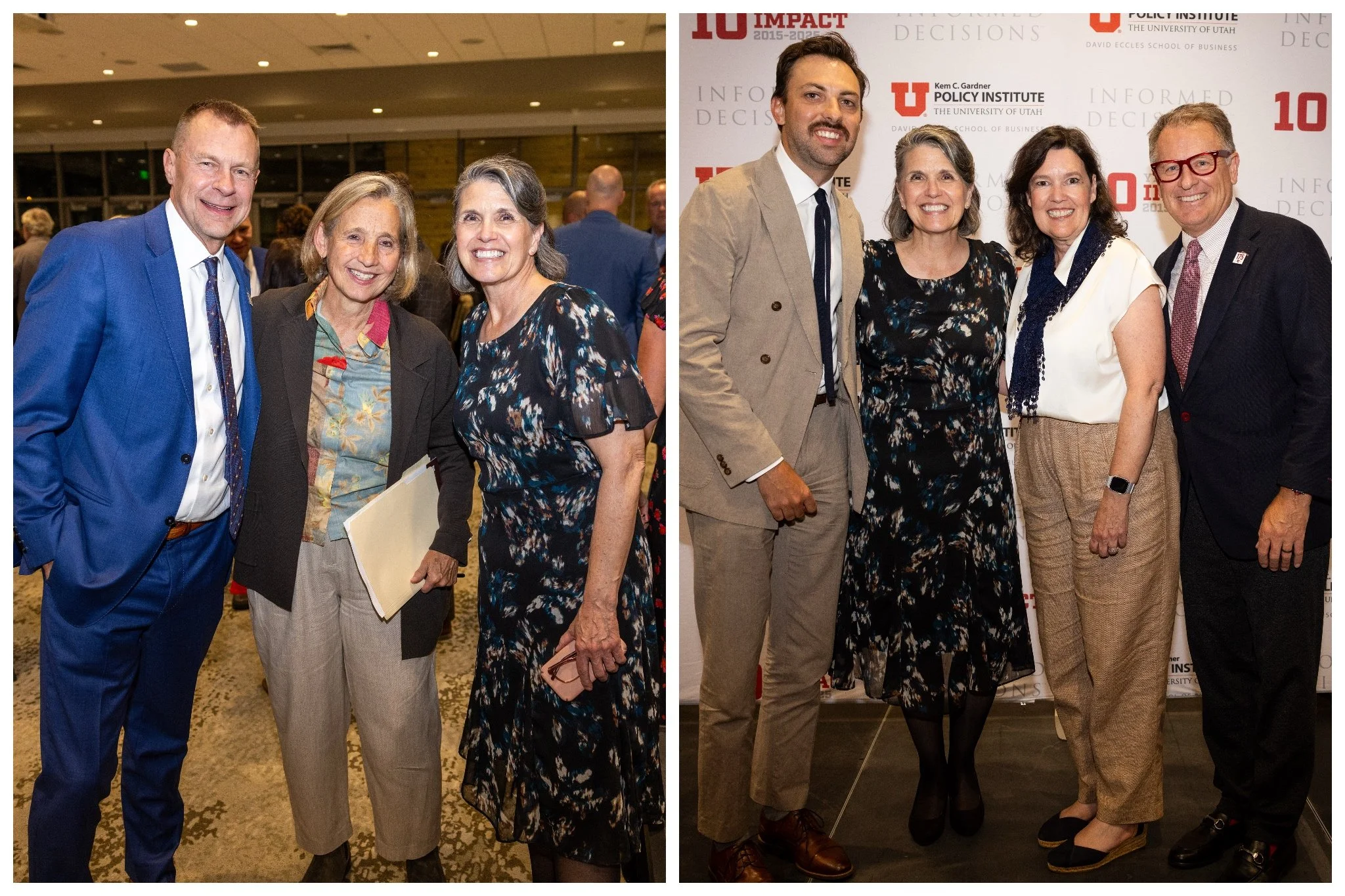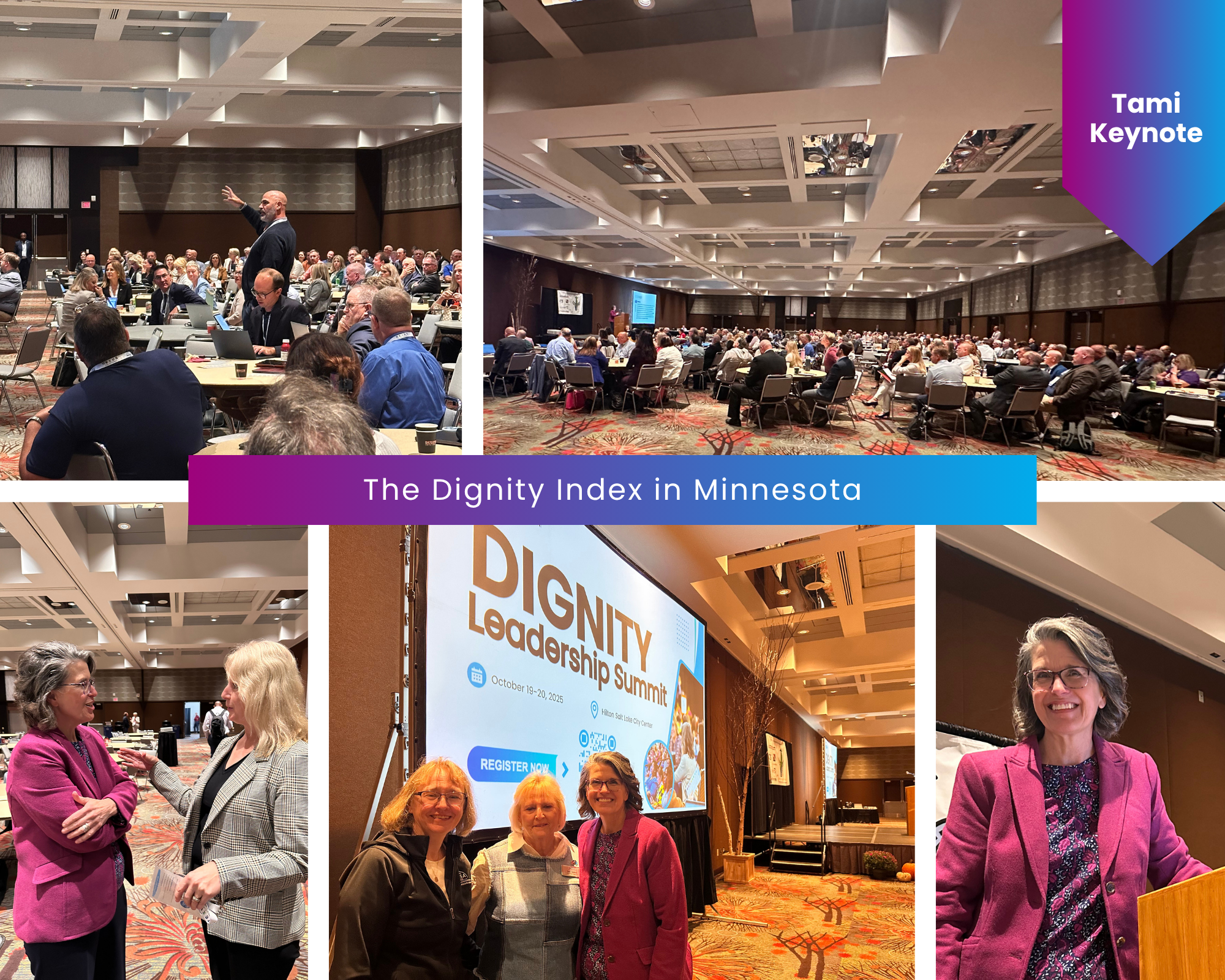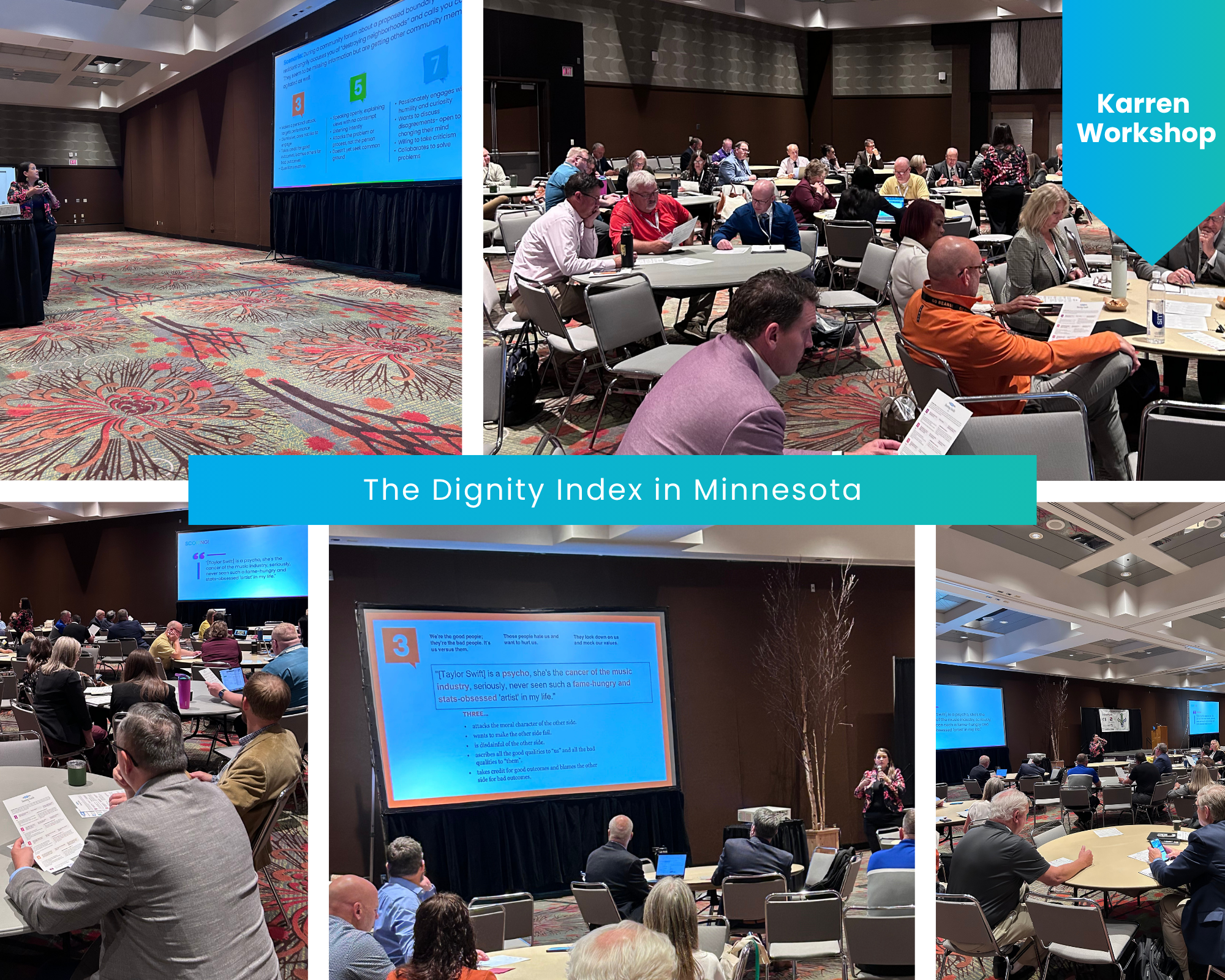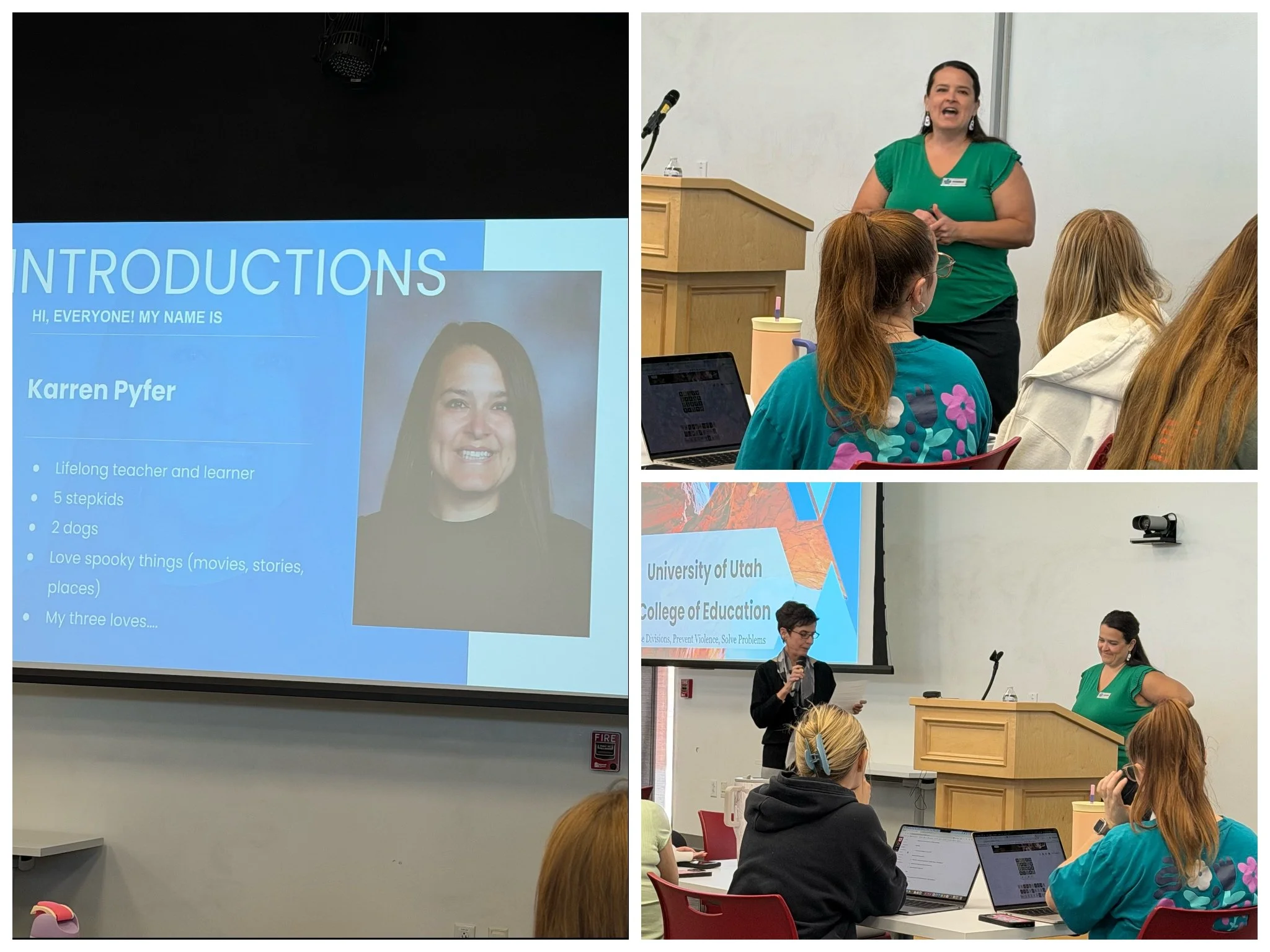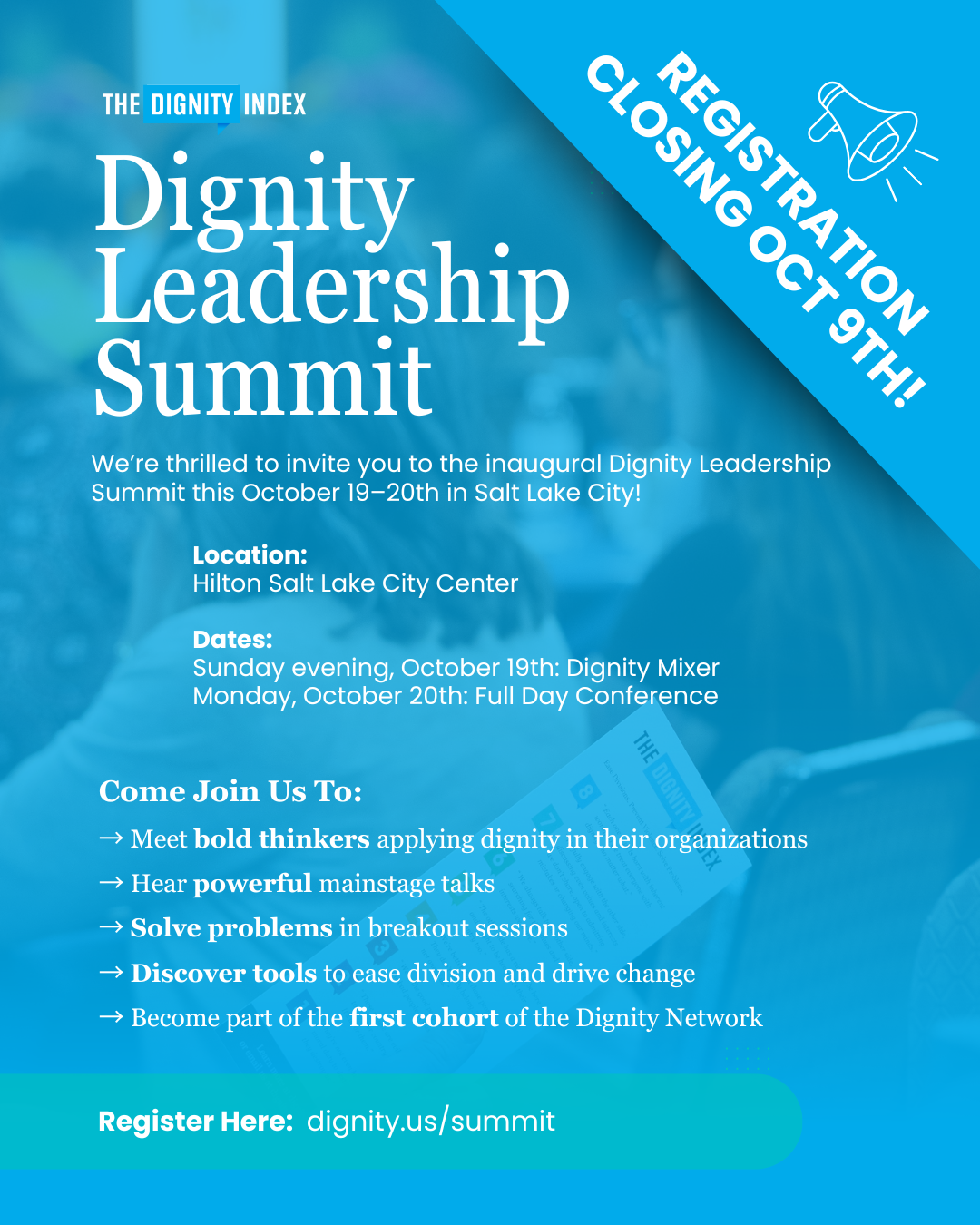Dr. Toh Teck Hock
There are many more examples of dignity and light close to home. On September 27, 2025, 13 women in Beaverton, Oregon, helped distribute 250 Dignity Index cards (they ran out!) in front of the public library as part of their “Campaign Nonviolence” effort. Their goal was simple: to have conversations with dignity in their community.
“Since we see so much contemptuous language in the media,” said organizer Mary Ryan-Hotchkiss, “we hope more people will turn to (the Dignity Index).” From reports, light broke out in town that day, and thousands of people were drawn into conversation.
I know there are many others bearing light in this moment, and I’m beyond grateful to them for buoying my spirit and inspiring us all to transform the fear and anger that is so prevalent. There are, of course, many other options before us. Pete Wehner, a prominent writer and faith leader, notes in the current issue of the Atlantic that for many, “politics, especially culture-war politics…gives purpose and meaning to their life, turning them into protagonists in the great drama of pitting good against evil. They are vivified by it. And they reassure one another, time and again, that the dark passions are actually expressions of righteousness. They consecrate their resentments.”
His words stopped me when I read them. “They consecrate their resentments.” And it made me immediately wonder if we couldn’t offer those same people a different way to consecrate their pain. Some feel called to fight—to consecrate their resentments and wage battles. Our movement is about a different path. Maybe there’s some way we could invite them to instead consecrate their dignity and, in the face of danger or pain, offer light.
In our growing dignity movement work, we are called, as Wehner writes, to “be faithful, not successful.” Anger, fear, and revenge are everywhere. I get it.
But when the race is run and pain hands the baton to unbridled anger, the final leg will be violence—emotional or physical violence. And violence is guaranteed to start us on a new cycle of more pain and anger.
That can’t be the best path forward. Dr. Martin Luther King, Jr. taught years ago that “hate cannot drive out hate, only love can do that.” That’s our hope—that we can choose love and light and dignity, not just as gifts to oppose contempt and violence, but also as gifts to transform the hearts and minds of those who are vulnerable to being consumed by them.
The final leg of our race is the transformative power of dignity. Thank you all for showing us the way.
Tim

